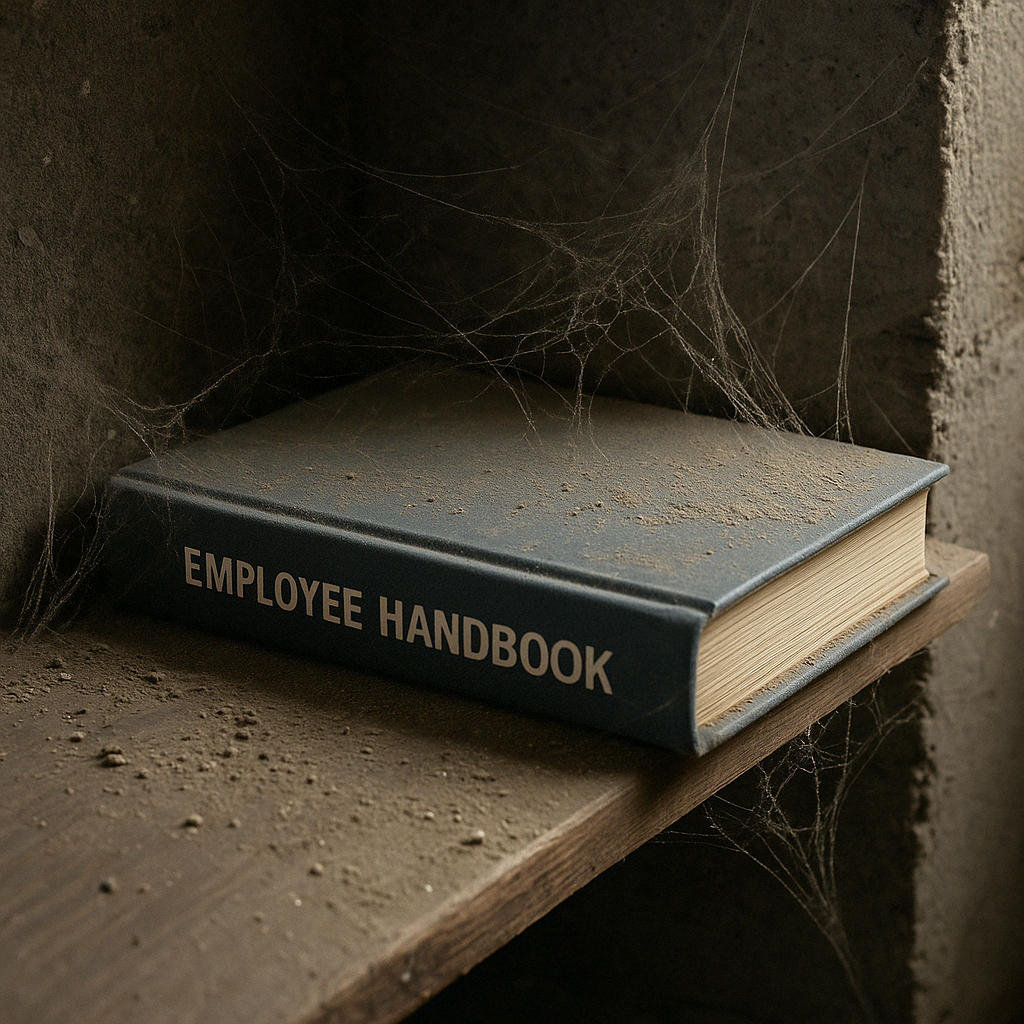When it comes to breaks at work – lunch breaks, smoke breaks, and even that mid-morning coffee run – many employees aren’t sure what they’re actually entitled to. Employers aren’t always certain either. So, let’s clear things up.
Let’s talk about what Australian law says about workplace breaks and what that means in real-world terms.
Meal Breaks: What the National Employment Standards Say
Under the National Employment Standards (NES), there’s no automatic right to a lunch break – unless it’s included in an award, enterprise agreement, or employment contract.
However, most modern awards do include a requirement for a 30–60 minute unpaid meal break after working a certain number of hours. A good example is the SCHADS Award, which applies to many support and community service workers.
SCHADS Award Requirement:
Employees working more than five hours must be given an unpaid meal break of at least 30 minutes.
Breaks should be scheduled as close as possible to the middle of the shift. And importantly, employees cannot be required to work more than five hours without a break, unless there’s an emergency or it’s not practical due to client needs-and even then, they must be paid for that time.

Rest Breaks (Paid)
Some awards and agreements also provide for paid rest breaks-often called tea breaks or crib breaks – especially for physically or mentally demanding, or repetitive jobs.
For example, office workers under the Clerks Award receive one 10-minute paid rest break each 8 hours, and people employed under the Warehousing & Distribution Award get a 10-minute paid rest break every morning and afternoon.
If the award does not specifically provide for entitlement to a break, they could still be written into your policies. After all, allowing short breaks can improve focus, reduce errors, and increase safety.
What About Smoke Breaks?

To be perfectly clear, there’s no legal entitlement to a smoko under Australian law, despite John Williamson turning it into an icon in one of his songs. (If you have no idea what I’m talking about, click here. And shame on you.) If employees want to duck out for a smoke, it usually needs to be taken during their unpaid meal breaks, and agreed with the employer in advance.
Employers can introduce a Smoking Policy to set clear boundaries, such as:
- Where smoking is allowed
- Whether smoke breaks are permitted during paid time
- Limits on the frequency or duration of these breaks
Your smoking policy should balance respect for individual choice with obligations under WHS laws and local council restrictions. And remember, depending on your award, some workplaces (especially food handling, healthcare, and childcare) have stricter smoking regulations or bans.
Breaks for Mental and Physical Health
While not legally required in all workplaces, microbreaks (short pauses of a few minutes) are best practice for reducing fatigue, especially in:
- High-stress roles (e.g. call centres)
- Manual labour
- Long shifts or overnight work
You don’t need to formalise these breaks, but it’s worth encouraging employees to rest, hydrate, or stretch when needed. It reduces risk and shows you’re serious about wellbeing.

Action Steps for Employers
To stay compliant and keep things fair:
- Check your award or enterprise agreement. Don’t assume – break entitlements vary a LOT between awards.
- Document your break policies in your Employee Handbook, especially for smoke breaks and paid rest breaks.
- Clearly communicate expectations during onboarding and team meetings.
- Be consistent. Don’t allow one team member to take multiple smoke breaks if others aren’t given the same flexibility.
Benefits of Getting It Right
When you align your break policies with legal requirements and best practices, you:
- Stay compliant with the Fair Work Act
- Avoid disputes and confusion
- Build a more respectful and productive workplace
- Reduce fatigue-related errors and injuries
- Support employee wellbeing and morale
If you’re still unsure whether your business has the right policies in place, check out My Employee Handbook. We’ve got break entitlements covered for all major industries-and you can tailor it to your team’s needs.
Want help making sure your break policies tick all the boxes?









